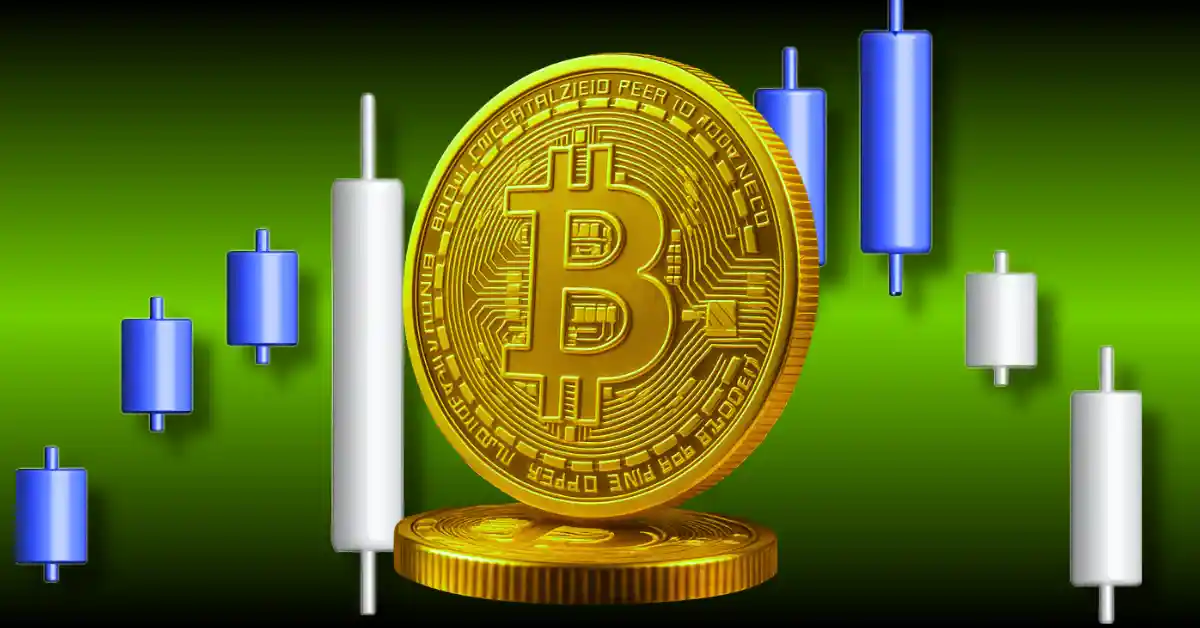
During the 2024 Bitcoin Conference in Nashville, Donald Trump, then-Republican presidential candidate, electrified the crypto crowd with a bold vision:
“If crypto is going to define the future, I want it to be mined, minted, and made in the USA. If Bitcoin is going to the moon, I want America to be the nation that leads the way. It will be the policy of my administration to keep 100% of all the Bitcoin the U.S. government currently holds or acquires.”
Fast forward a few months—Trump defeats Kamala Harris and steps into the White House. The Bitcoin community awaits what was touted as a game-changing policy: the launch of a U.S. Strategic Bitcoin Reserve.
But has that promise vanished into thin air?
Well-known Bitcoin advocate Justin Bechler declared that the idea of a Strategic Bitcoin Reserve is nothing more than a “fantasy.”
Bechler criticized the Trump administration for repeatedly failing to follow through on promises, pointing to:
According to him, expecting the government to suddenly embrace Bitcoin wholeheartedly is unrealistic.
Bechler argues that Bitcoin threatens the very core of government control. The U.S. dollar isn’t just currency—it’s a tool of influence:
Bitcoin, on the other hand, is decentralized, transparent, uncensorable, and cannot be printed or frozen, making it the opposite of what centralized governments want.
“To replace the dollar with Bitcoin is to dismantle the U.S. government’s engine of control,” Bechler claims.
Referencing a Treasury Department report, Bechler points out that the IRS has already mishandled seized Bitcoin in previous years. He questions whether the federal government is even competent enough to manage a trillion-dollar digital reserve.
In Bechler’s eyes, those who still push for a U.S. Strategic Bitcoin Reserve are either politicians chasing headlines or, worse, “bad actors” misleading the public.
The U.S. Strategic Bitcoin Reserve’s policy is to keep 100% of all Bitcoin the U.S. government holds or acquires. It aims to maximize Bitcoin’s strategic position as a unique store of value, enhancing financial resilience and positioning the U.S. as a leader in digital asset adoption.
Some argue that Bitcoin’s uncensorable, transparent, and unprintable nature directly opposes government control mechanisms that the U.S. dollar provides (funding operations, managing debt). Justin Bechler claims replacing the dollar with Bitcoin would “dismantle the U.S. government’s engine of control,” making it highly unlikely for the dollar to be fully replaced.
The Trump administration, since January 2025, has issued executive orders supporting the responsible growth of digital assets and blockchain technology, positioning the U.S. as a crypto leader. Policies aim to provide regulatory clarity and have seen reduced SEC enforcement actions in some areas, with further policy papers expected by July 22, 2025.
CoinPedia has been delivering accurate and timely cryptocurrency and blockchain updates since 2017. All content is created by our expert panel of analysts and journalists, following strict Editorial Guidelines based on E-E-A-T (Experience, Expertise, Authoritativeness, Trustworthiness). Every article is fact-checked against reputable sources to ensure accuracy, transparency, and reliability. Our review policy guarantees unbiased evaluations when recommending exchanges, platforms, or tools. We strive to provide timely updates about everything crypto & blockchain, right from startups to industry majors.
All opinions and insights shared represent the author's own views on current market conditions. Please do your own research before making investment decisions. Neither the writer nor the publication assumes responsibility for your financial choices.
Sponsored content and affiliate links may appear on our site. Advertisements are marked clearly, and our editorial content remains entirely independent from our ad partners.
October 20, 2025 04:44:12 UTC Key Economic Events This Week Before Fed Meeting This week…
Crypto is heating up again, and traders are buzzing about two standout projects — Solana…
Macro headwinds have catalyzed selling behaviour in the last few days, making back-to-back weekend dumps…
XRP is yet again commanding attention because the 2025 bull market intensifies. Trading at $2.37,…
XRP is once again making headlines as traders anticipate a strong breakout in the months…
Binance has announced that it banned more than 600 accounts last week for using unauthorized…